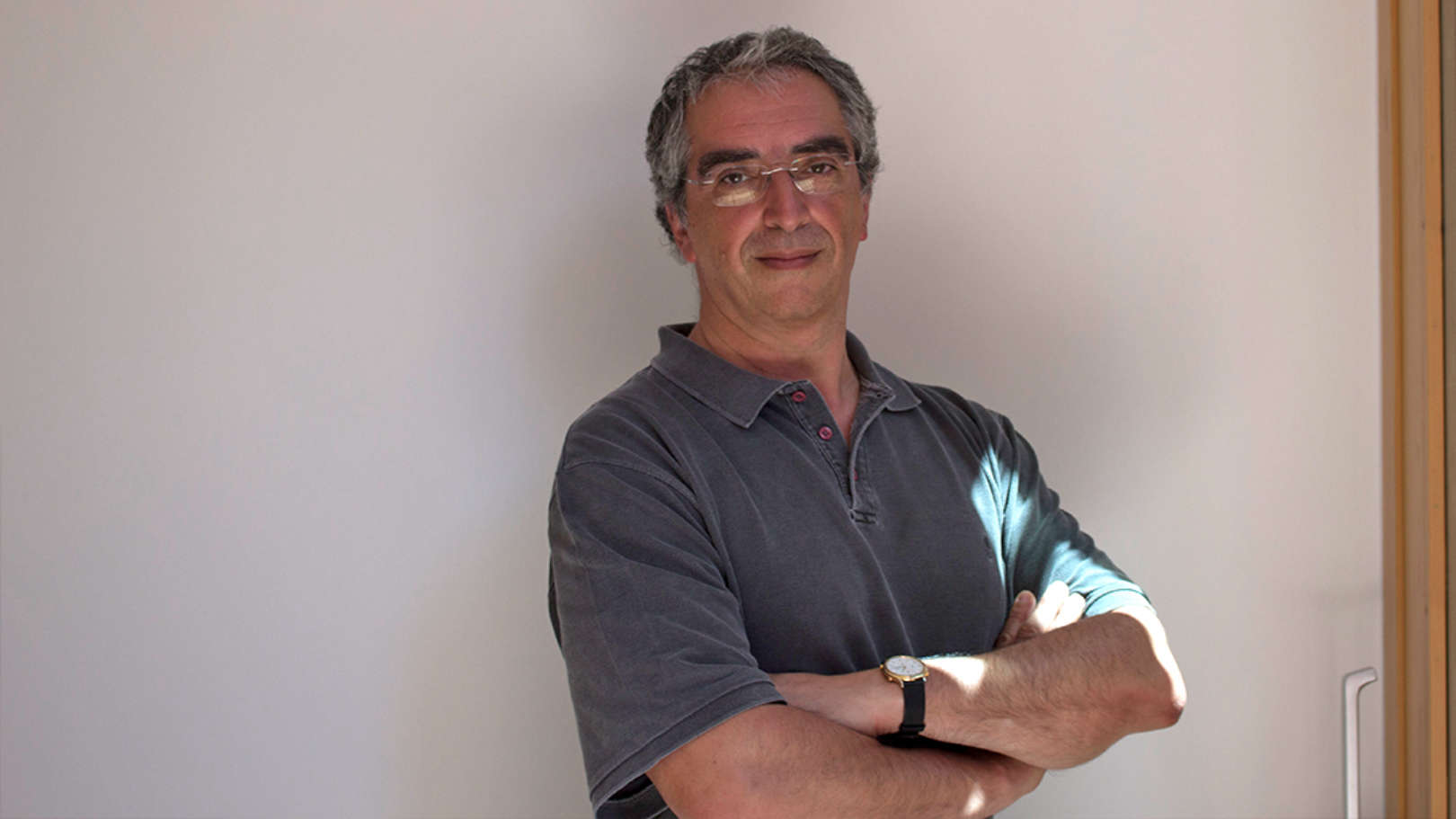About
I am Full Professor at the Department of Informatics at the University of Minho, and senior researcher at the High Assurance Software Laboratory (HASLab INESC TEC). Since October 2016, I am also serving as Deputy Head of UNU-EGOV, the United Nations University Operational Unit on Policy-driven Electronic Governance (egov.unu.edu).
My research interests are focused on program semantics and calculi applied to systems understanding and rigorous software construction. I am particularly interested in coalgebra theory and conductive reasoning, as well as on modal and hybrid logics.
In recent years I coordinated four research projects at the national level, bilateral partnerships with Brazil and China, and served as the Portuguese coordinator for the Language Engineering and Rigorous Software Development ALFA EU-Latin America network, a PhD training network funded by the European Union. I have published five book chapters, 25 journal papers and more than 60 international conference papers. Having served as invited lecturer in MSc and PhD programmes at the Universities of Bristol (United Kingdom), Tartu (Estonia), and Peking (China), I have supervised several PhD projects (six concluded; four on-going). One of my students, Alexandre Madeira, received the 2013 IBM Scientific Prize, the biggest award in Informatics in Portugal.
I integrated the founding team of the Joint Doctoral Programme in Computer Science of the Universities of Minho, Aveiro, and Porto (MAP-i), and served as its Director. I am a member of IFIP WG1.3 (Foundations of System Specification), and, since January 2019, chair of IFIP Tecnhical Committee TC1 on Foundations of Computer Science.
Currently, I am leading the Quantum Software Engineering Research Group at INL, the International Iberian Nanotechnology Laboratory.


